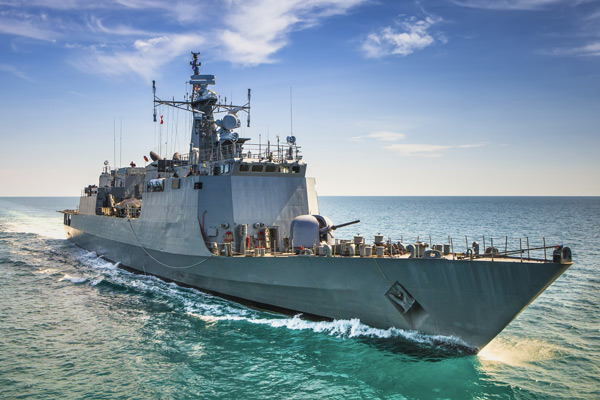Predictive maintenance looks different among industries. This is especially true for the maritime industry. Not only is ship equipment exposed to extremely harsh operating conditions, but unplanned failure can be a matter of human safety.
System breakdown can mean loss of multi-million dollar equipment at sea or even worse, a stranded vessel and crew. Plus, in accordance with Environmental Protection Agency mandates, environmental acceptable lubricants are costly. As a result, equipment failures are even less affordable for marine operations. The importance of predictive maintenance on ship equipment is not just a recommendation, it’s critical.
Due to lack of resources and vulnerability to the environment, predictive maintenance for ships and other maritime vessels must be performed routinely when portside. A comprehensive predictive maintenance plan must be in place in order to accurately maintain the vessel’s systems and eliminate risk while at sea.
In this case, the saying “if it’s not broken, don’t fix it,” is not sufficient. The load of ship equipment is overwhelming to proactively keep up with, so prioritization and careful planning is essential. When planning a ship’s predictive maintenance schedule, ask yourself the following three questions in order to determine which equipment warrants greater and more immediate, and more often action:
1. Based on the equipment’s operating conditions, is it operating in ideal conditions?
If the ship’s equipment is operating in harsher conditions that it was manufactured for, consider that the environment will cause sooner wear and tear. Therefore, the ship equipment must be inspected and predictive maintenance must be performed more frequently.
2. Is the equipment essential to the function of the vessel?
If yes, the equipment should be prioritized for predictive maintenance and inspection efforts to eliminate failure and dangers associated with downtime at sea.
3. Is the equipment essential to the profit-generating operations of the ship?
Downtime of equipment that is needed for the production on the ship is liable to cause unrecoverable losses. This is especially true during seasonal maritime business operations. Protect the equipment that is most important to the mission of the ship.
Ask yourself the three questions above and you will be able to determine a go forward plan for predictive maintenance on your ship. Once established, you will be adequately prepared for operation at sea knowing the most important equipment is sufficiently monitored.
Your proactive actions will ensure your ship maintains profitability and safety throughout its mission at sea.


